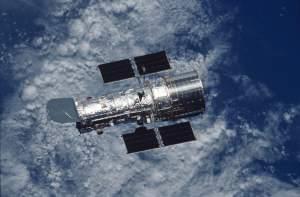Bad for Us: The Lure of Self-Harm
Guest: John Portman.
Why do so many people do things that are clearly against their best interests? John Portman, author of Bad for Us, says that both self-control and losing control can be acts of self-definition. He says that in doing something that society regards as bad for us, we are testing the limits of who we are. Today on Focus, Portman joins us to discuss how and why people can be their own worst enemies.


